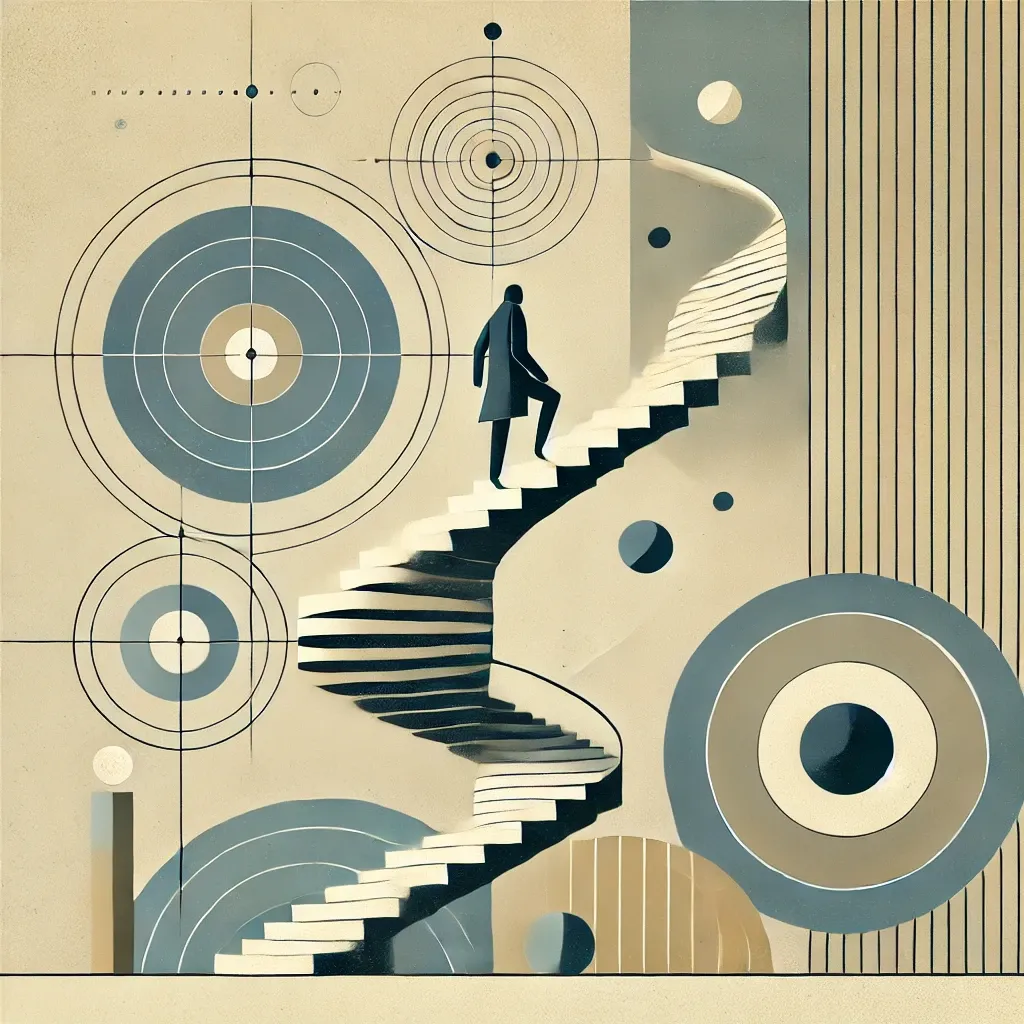In WW2, the US Air Force had a serious problem: their planes were getting shot down at an alarming rate.
To fix this, they studied the planes that made it back from missions, looking at where they'd been hit.

They found lots of bullet holes in the wings and tail, so they decided: let's add more armor there.
The only issue?
The engineers were 100% wrong.
As mathematician Abraham Wald explained: "You need to put the armor where there AREN'T any bullet holes - because those are the spots that, when hit, meant the plane never made it back."
None of the survivors had holes in the engines or cockpit, because those were the “killshots” a pilot can’t recover from.
How could the engineers miss something like that?
Simple.
They fell prey to a “cognitive bias” - a shortcut of our brains that causes faulty decision-making (in this case, “survivorship bias” - the tendency where we only look at survivors.)
In today's Coached, I'll show you the most dangerous biases affecting your career - and more importantly, how to catch them before they derail you.
🎯 The Survivor's Trap
(just like those WW2 planes)
Ever noticed how career advice usually comes from the SUCCESS stories?
"I had $100k in savings and I went ALL IN into my startup idea - now, look, I’m crushing it" or "I switched careers and now I'm crushing it!"
But just like those WW2 planes, we're missing crucial data: all the people who tried the SAME things and failed.
How to protect yourself:
- Before a career change, talk to people who TRIED and went back
- Ask about typical days, not just the highlight reel
- Look for the "boring" path that consistently works, not just the exciting exceptions

🍪 Scooby snack bias
(or why people keep doing what you hate)
Here’s a fun story:
Xerox once launched a printer that was better in EVERY way than their old model. So leadership was confused when the old model was STILL trouncing the new one in sales.
So they did some digging — and they found out why:
The salesmen got more commission selling the old model!
Here's what this teaches us: humans follow incentives, not instructions.
At work, this means watching what you're ACTUALLY incentivizing:
- Want your team to be more creative? But do you only praise finished work, never wild ideas?
- Get defensive at feedback? Watch how quickly people stop giving it
- Want people to flag problems early? But do you get frustrated when they do?
- If you never push back on unrealistic deadlines/asks? You're incentivizing people to keep setting them

The ‘fix’ isn't complicated:
- Spot the gap between what you want and what you reward
- Start small: reward ONE behavior you actually want this week
- When something's not working, ask: "What am I accidentally incentivizing here?"
👥 Liking/disliking tendency
If you think about it, your friends are probably better people than the people you don’t like.
But why?
The “liking” bias, which causes us to notice the virtues (and ignore the flaws) in people we like, and vice versa for the people we don’t.
This messes with your career when:
- You dismiss good ideas because you don't like who said them
- You keep weak team members because they're fun
- You avoid working with highly skilled people because they're "difficult"

How to beat it:
- Before rejecting an idea, imagine your favorite colleague suggested it
- Make yourself list THREE things the "difficult" person does well
- Use actual data to judge performance, not just your gut feel
😴 H.A.L.T
(when your brain goes rogue)
One of the world's top copywriters taught his son to never make decisions when he was Hungry, Angry, Lonely or Tired.
Why? Because when we're threatened (or just hangry), our brain takes shortcuts to get us to safety. Great for running from bears, TERRIBLE for career decisions.
The simple fix:
- Sleep on ANY big decision
- Draft the angry email, send it tomorrow
- Never negotiate when tired or hungry (seriously!)

👔 The Halo Effect
Put simply: if someone's good at one thing, we assume they're good at everything else too.
The most obvious example? Appearance/professionalism. Not very PC to say, but people who dress well and look put-together are consistently rated as more competent.
But it goes beyond looks. Watch how this plays out:
- A well-spoken teammate gets picked for leadership, even though they're terrible at execution
- Someone who presents confidently in meetings gets promoted over quieter (but better) performers
The fix:
- Use this bias to your advantage: put extra effort into appearance for first impressions
- If you're impressed by someone, ask yourself: "What EXACTLY am I impressed by?"
- When evaluating someone, separate each skill individually (presentation ≠ leadership)

👔 The Echo Chamber
(aka confirmation bias)
When you believe something, your brain goes into lawyer mode - finding evidence that supports your case and throwing out anything that doesn't.

This messes with your career decisions in serious ways:
- Think that client hates your work? You'll interpret every email in the worst possible way
- Convinced a project will fail? You'll spot every tiny problem while missing opportunities to fix them
- Starting a new role? You'll focus on every sign you're not ready, missing chances to grow
People who are socially anxious need to be especially careful of this.
It’s easy to find one sign that people don’t like you, but you’re probably ignoring seven signs that people DO like you!
And here’s how I’d combat it:
- Catch yourself in the act: "Am I looking for evidence or just confirmation?"
- Write down evidence that proves your belief WRONG
- When stuck on a negative, ask: "What would prove me wrong about this?"


